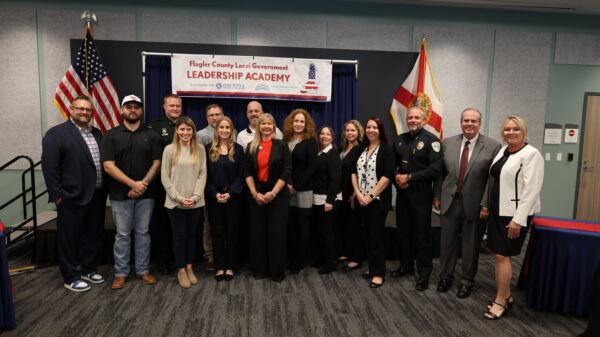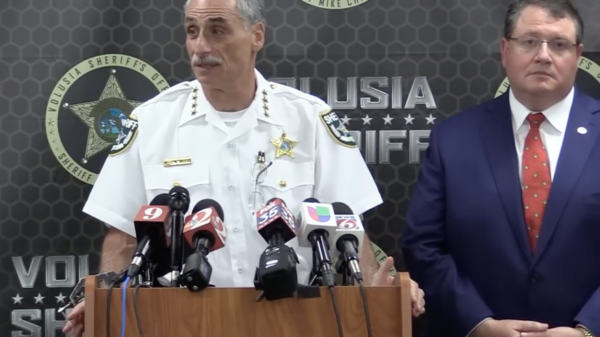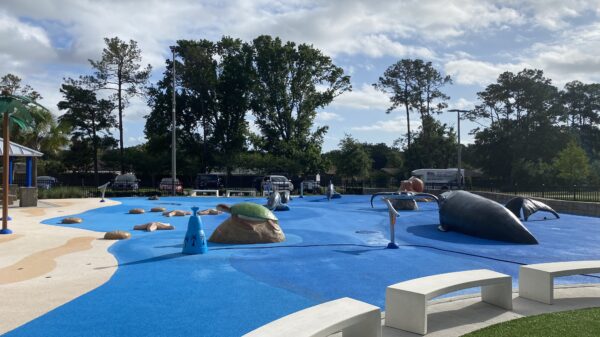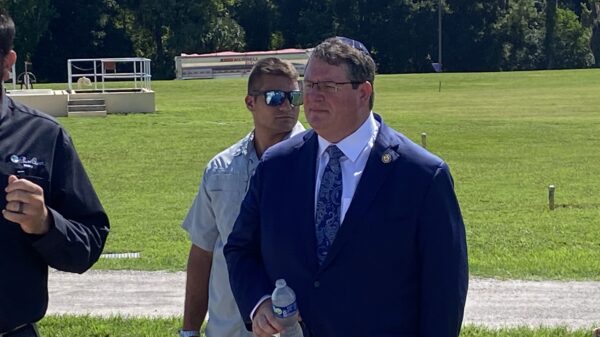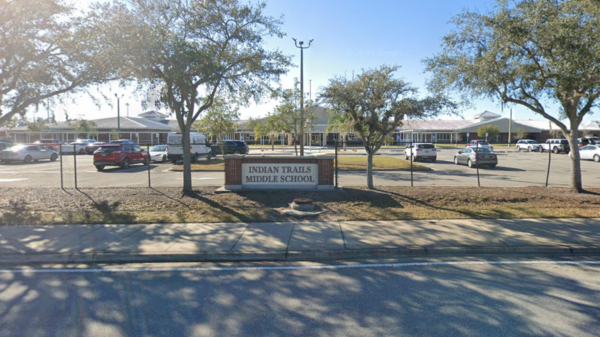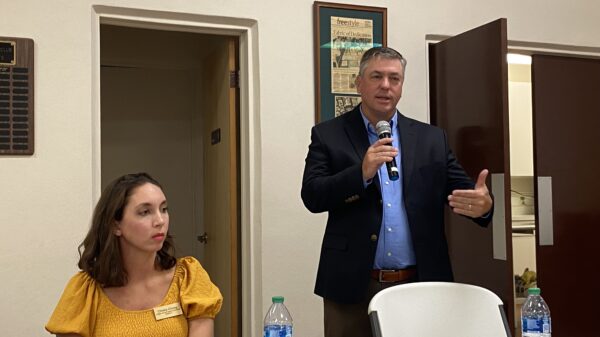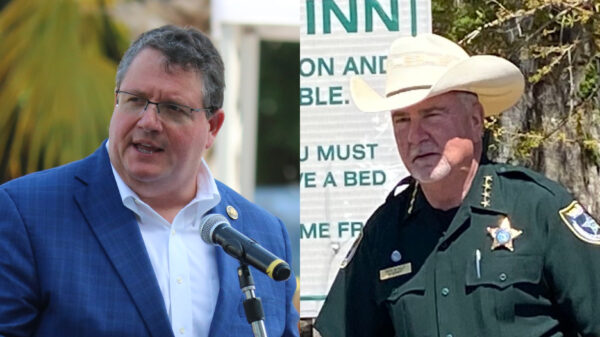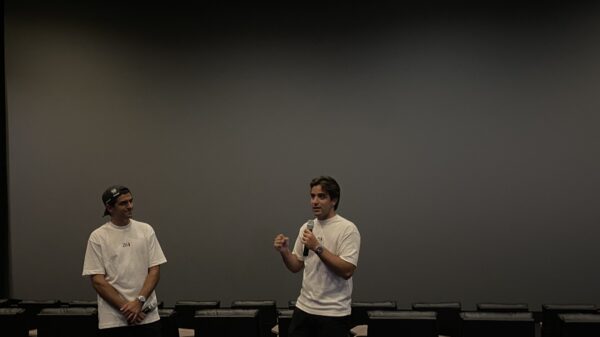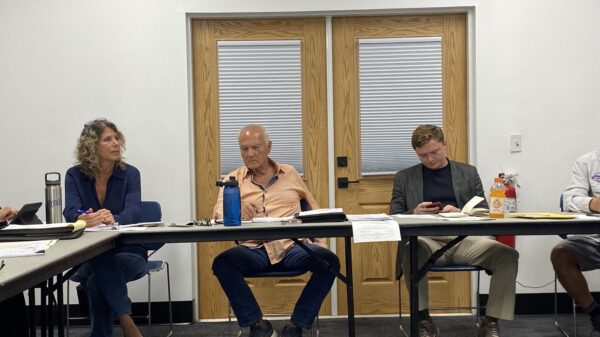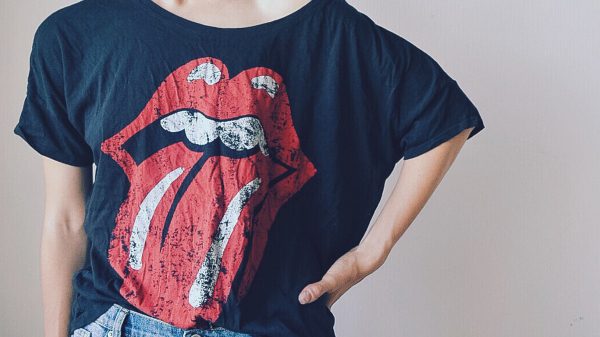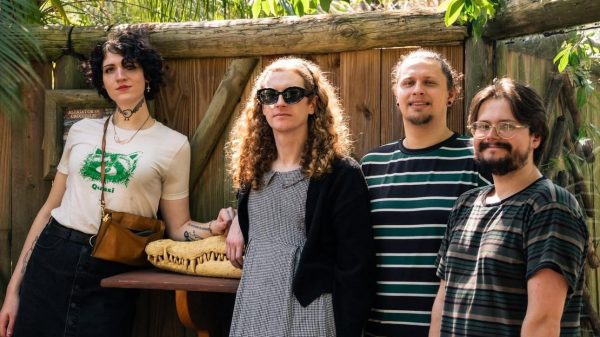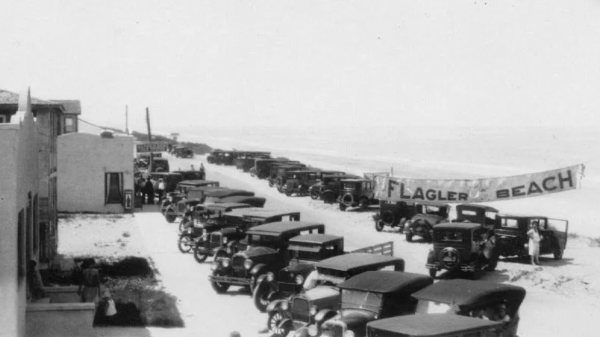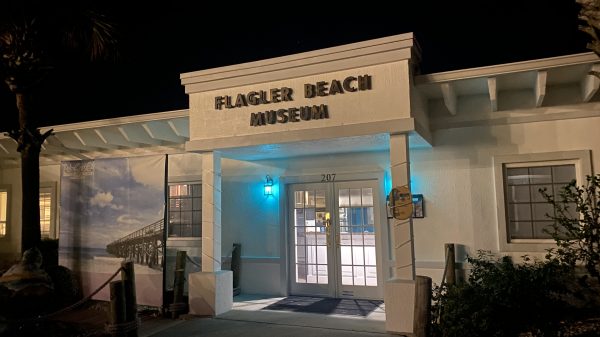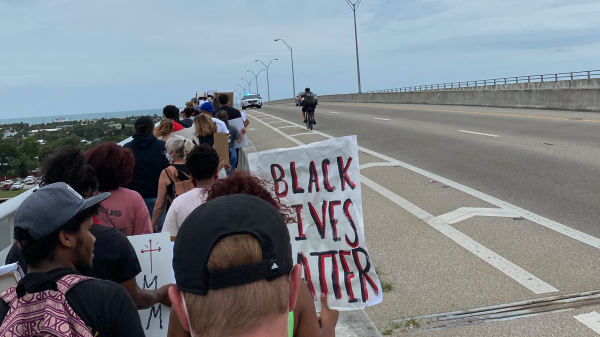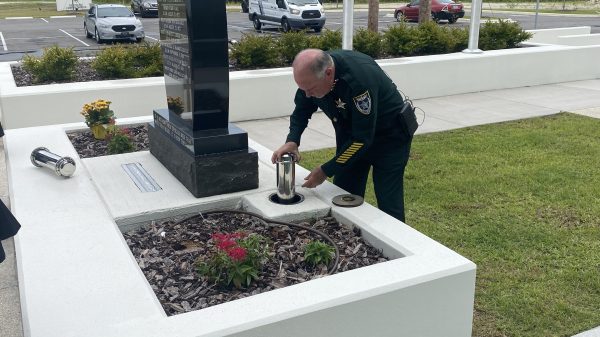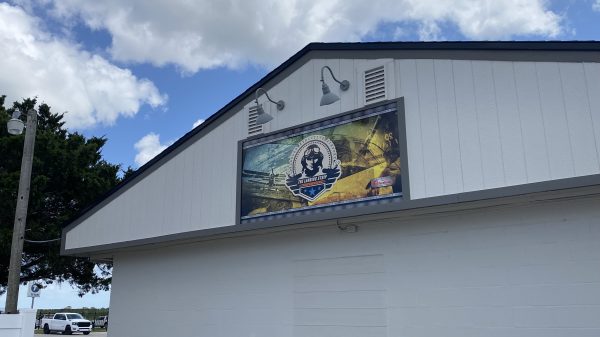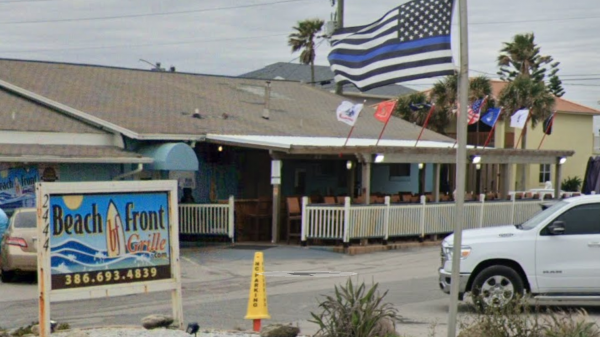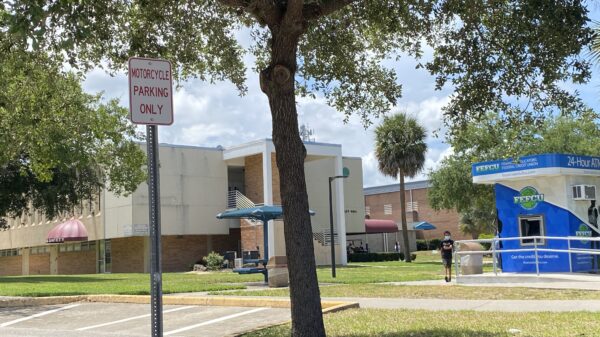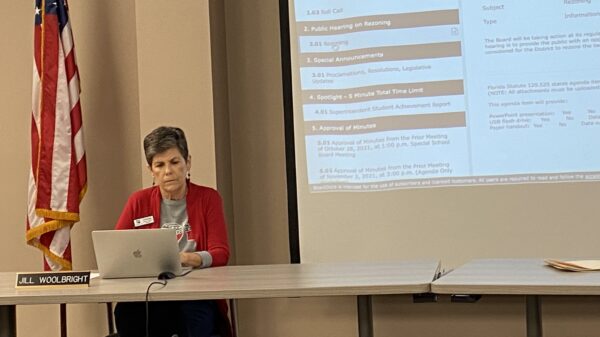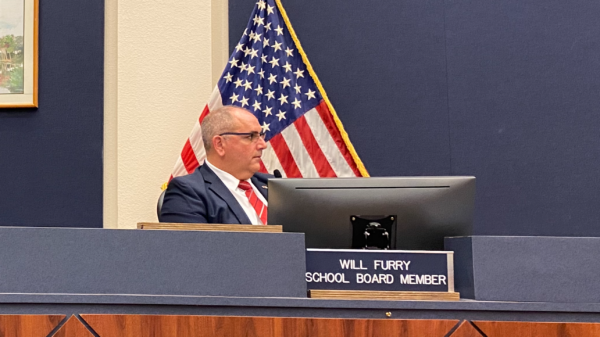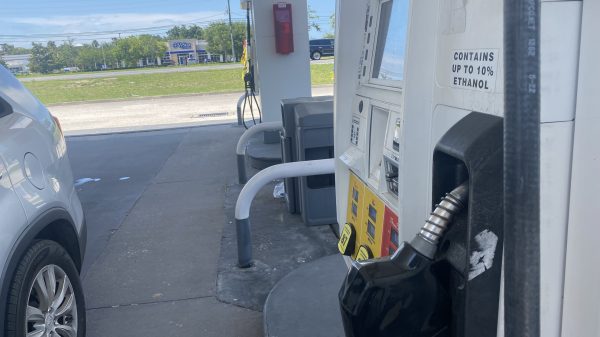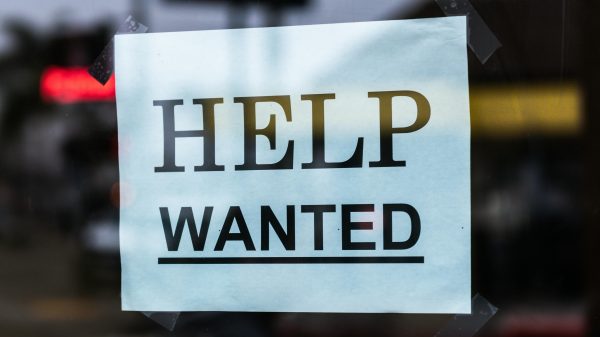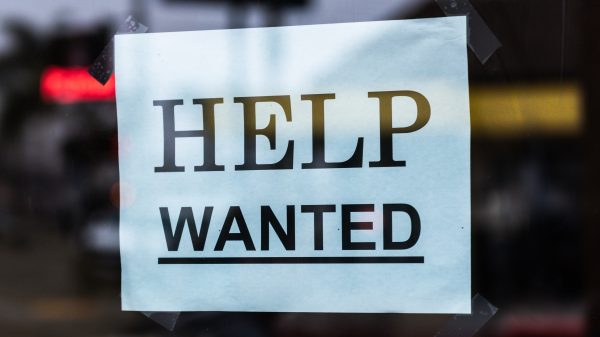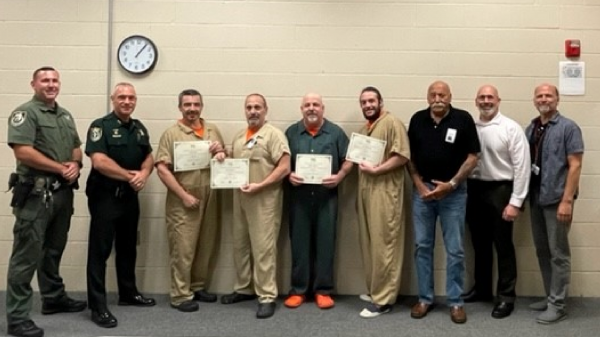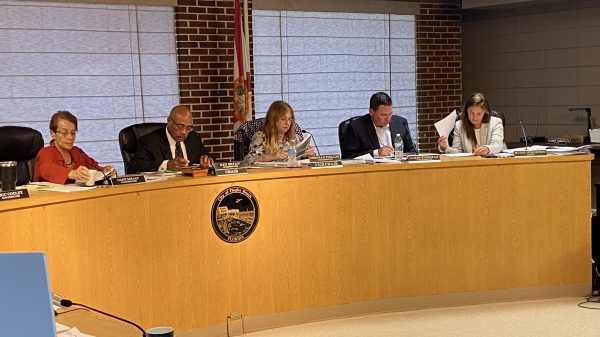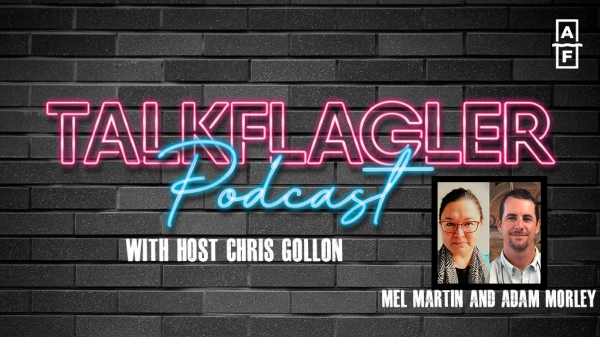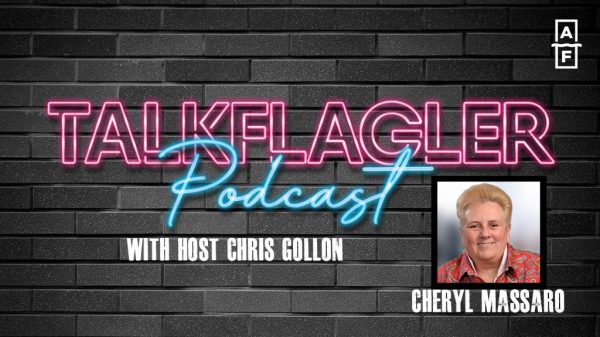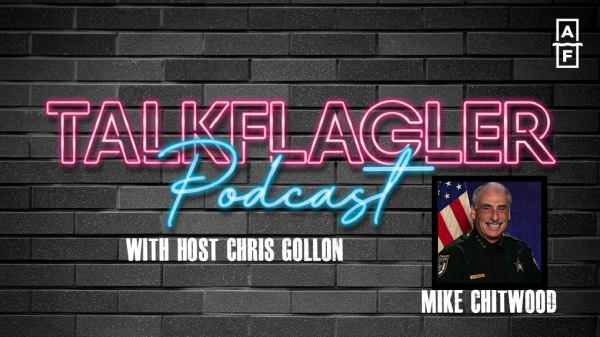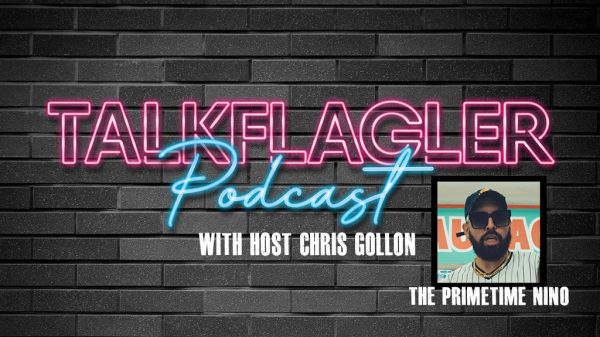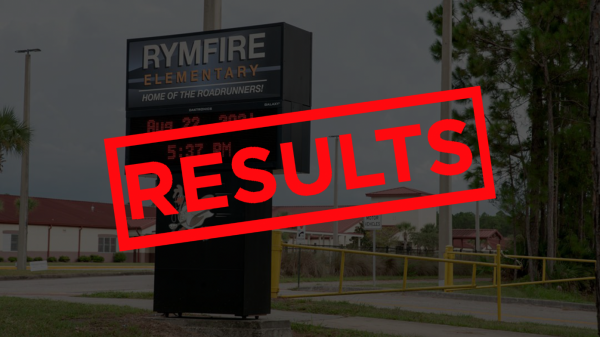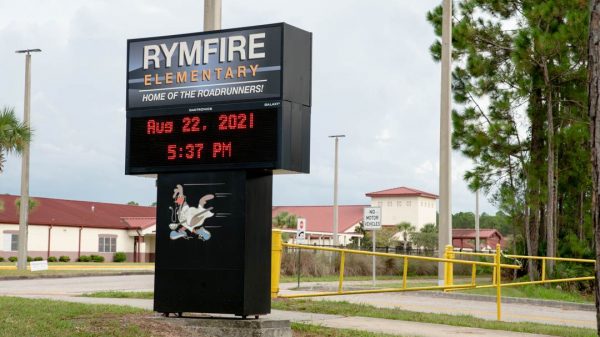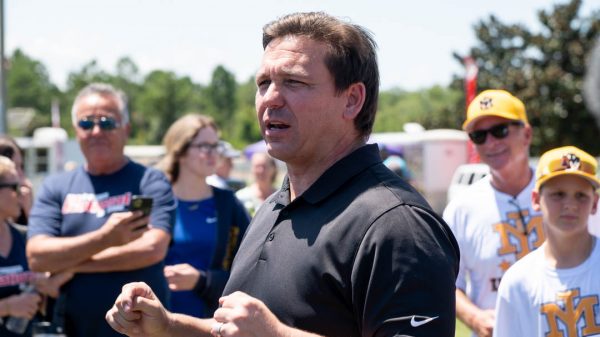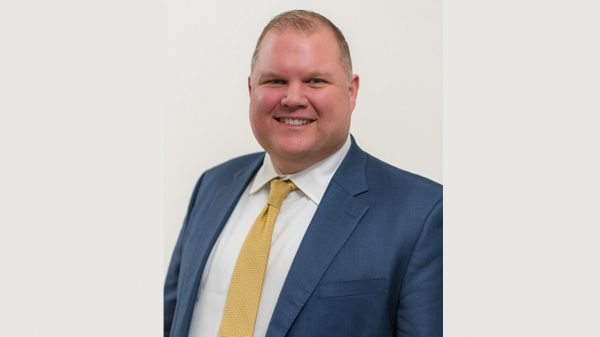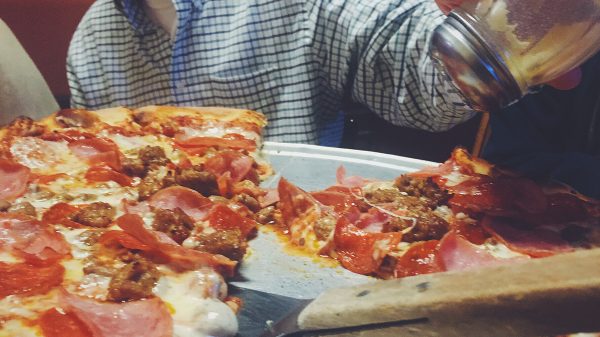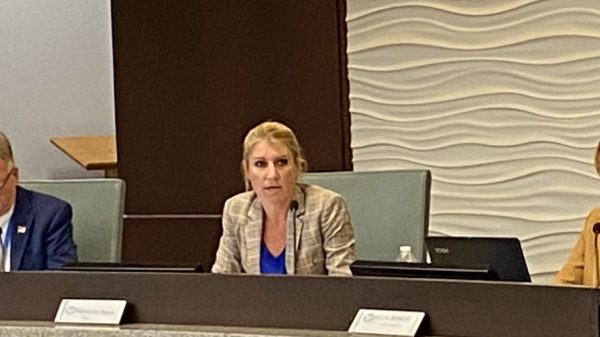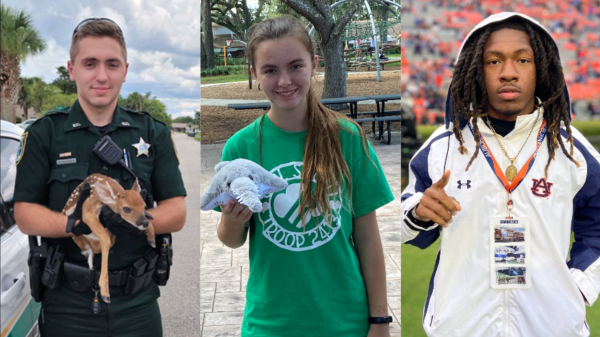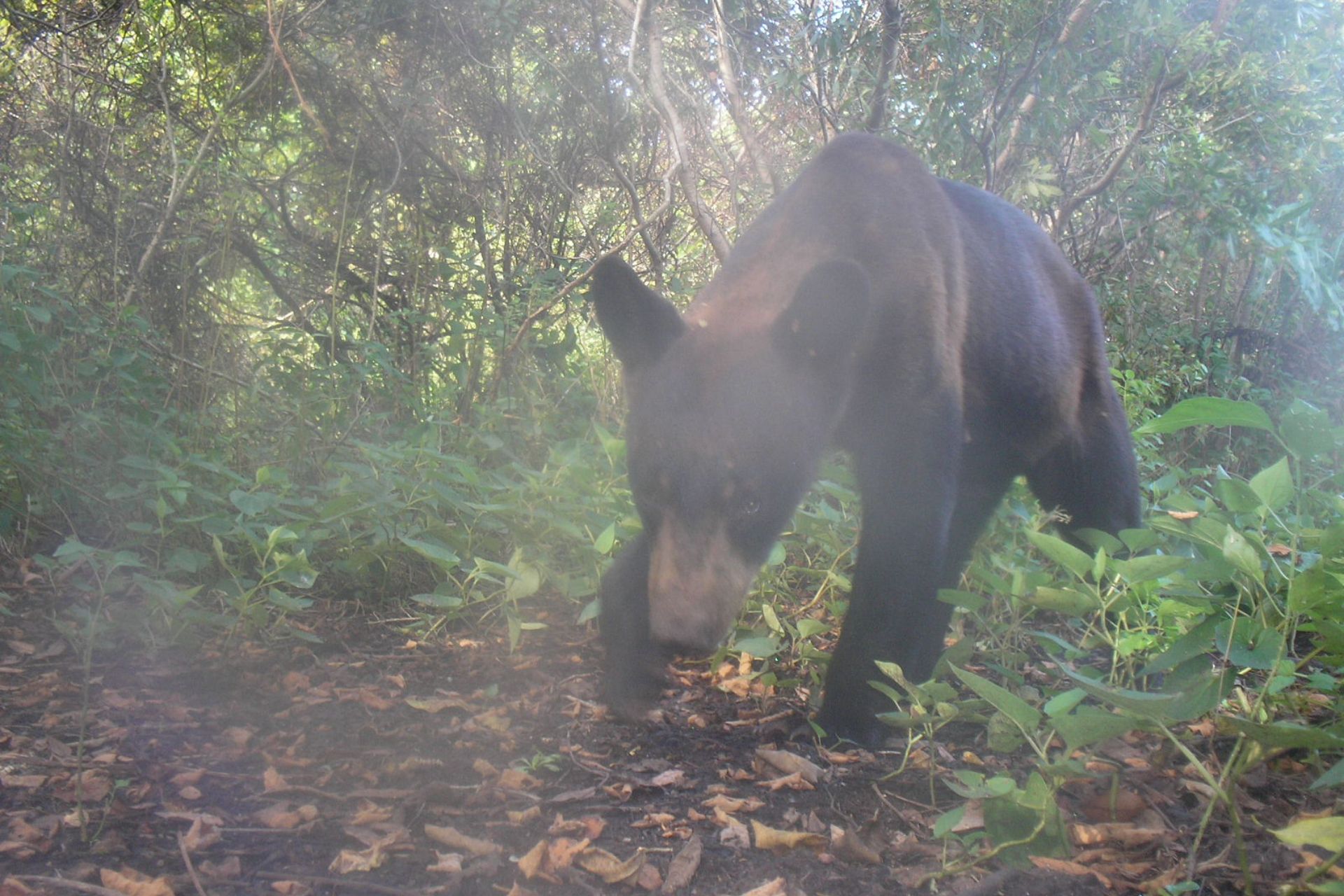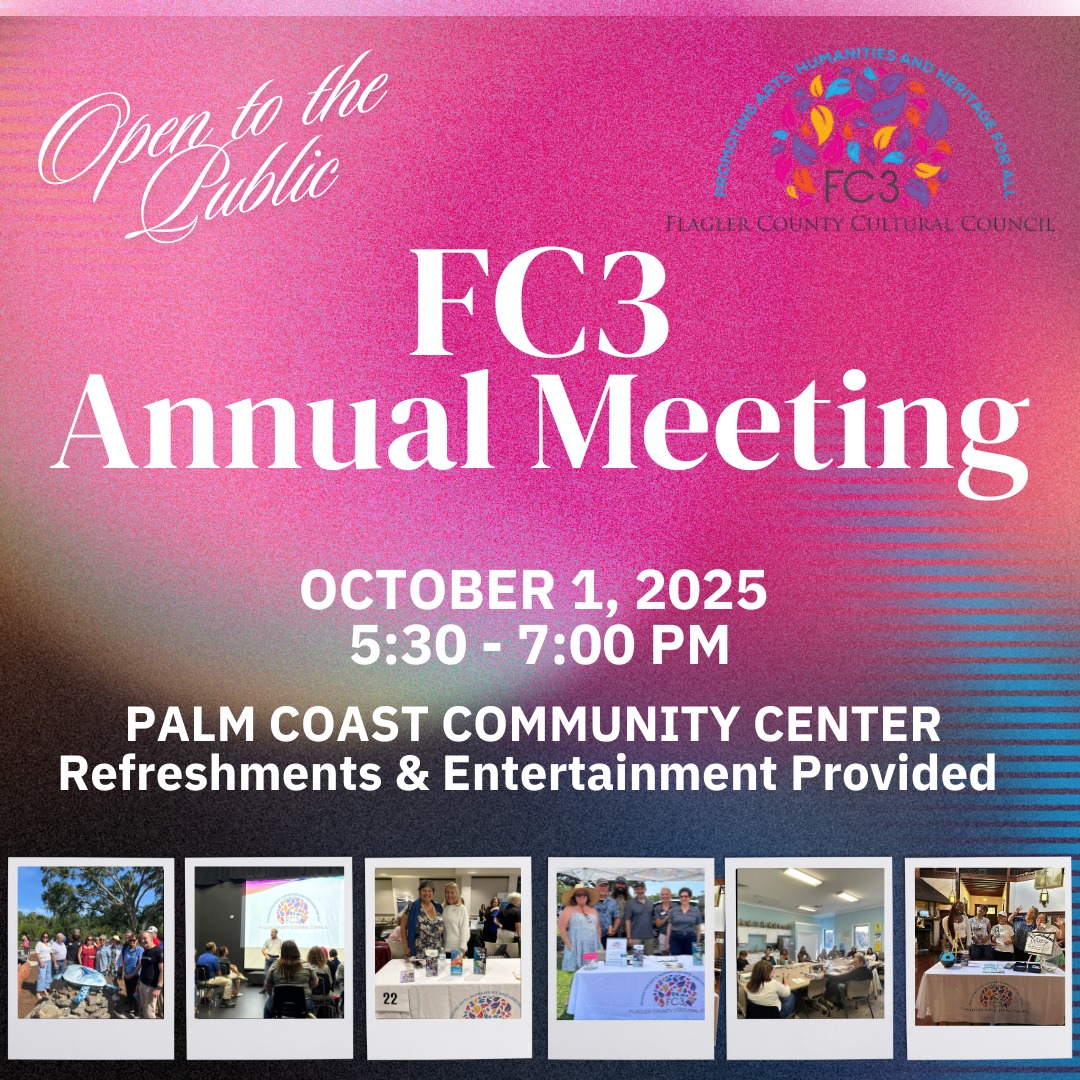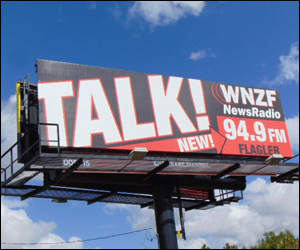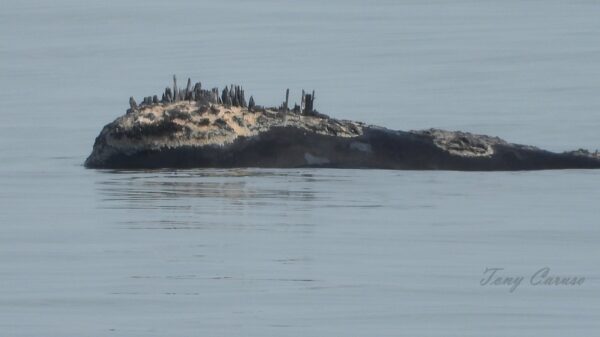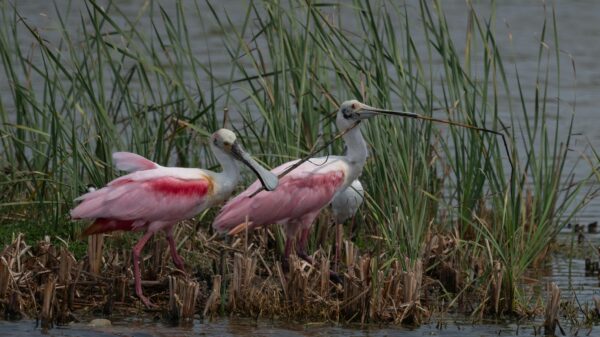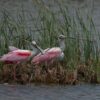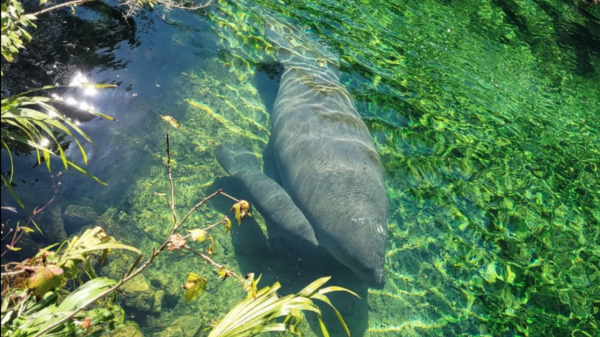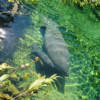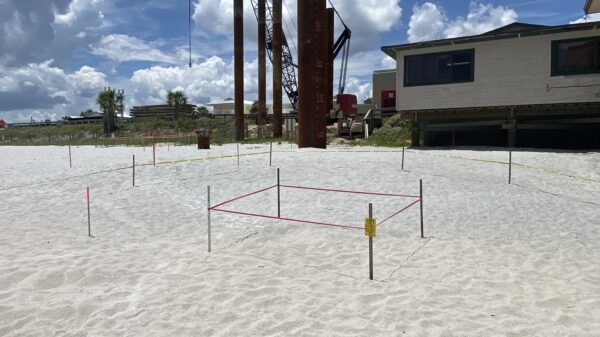The Florida Fish & Wildlife Commission will be meeting next week to potentially approve the first state-sanctioned black bear hunt since 2015. The move is drawing mixed reactions from different groups in the state; some see it as good for bear populations, while others view it as unjustified.
The Proposed Bear Hunt
If approved, the hunting season would last 23 days during December. It would open up a lottery season for hunters totaling 187 hunting permits. There would be four approved hunting zones: one each in Southwest Florida, Central Florida (including parts of Flagler, Volusia, and St. Johns counties), North Florida, and the eastern Florida Panhandle.
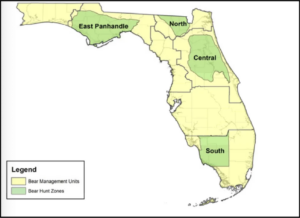
The proposed bear hunt zones. ⓒ Florida Fish & Wildlife Commission
The number 187 wasn’t chosen at random. According to the FWC, that is equal to the number of female black bears which could theoretically be removed from the ecosystem without negatively impacting populations. The hunt being held in December should hopefully focus harvests on male black bears, as the females are expected to be in their dens.
The final vote on the proposition will come on Wednesday, August 13th, at a Florida FWC meeting in Havana. The Gadsden County meeting is expected to draw large numbers of public commenters both for and against the hunt, as it’s become one of the most galvanizing issues in Florida wildlife conservation in recent months.
In a memorandum summary, Florida Hunting and Game Management Director Morgan Richardson advised the FWC that the proposition would allow them to “[m]anage the bear population through a conservative, well-regulated bear hunt”. Already the FWC approved the first reading of the hunt in May on a 4-1 vote.
During the last bear hunt in 2015, the window was initially supposed to last a week with a quota of 320 bears. The hunt was ultimately ended after just two days, due to a rapid killing of 300 bears in that short time frame.
Black Bear Conservation
According to National Geographic, Florida’s black bear population was once as high as 11,000. That number shrunk to less than 500 by the 1970s, before rebounding to around 4,000 bears today according to FWC biologists.
Advocates for the hunt point to the number of encounters between bears and human residents in Florida. One law enforcement official, Marion County Sheriff Billy Woods, said in May that his office received 107 calls about bear incidents in a nine-month window.
The Florida Wildlife Federation (FWF) says it’s working to support Florida black bear populations by advocating for the preservation of lands that make up their natural habitat. According to U.S. News & World Report, Florida is the fastest-growing state in the union. This can be problematic for native species such as the black bear. The FWF has pushed for the FWC to at least delay their decision until further assessments are complete, if not entirely seek out an alternative to a hunt.
“As their habitats shrink, bears are pushed into smaller, disconnected areas, making it harder to find food, mates, and safe spaces to roam while also increasing their risk of vehicle collisions—one of the leading causes of bear mortality,” the Florida Wildlife Federation says on its website. “When bears venture into human-dominated areas in search of food, this can lead to dependency on humans, reducing their natural wariness and raising safety concerns.”
Chris Gollon is a Flagler County resident since 2004, as well as a staple of the local independent music scene and avid observer of Central Florida politics, arts, and recreation.


